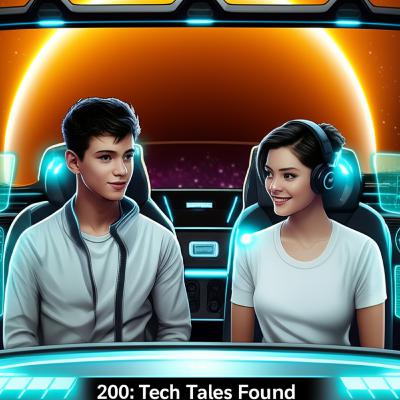When Open Source Turns Closed: The Licensing Wars Reshaping Tech
Description
In 2023, a seismic shift rippled through the open-source software world as foundational projects faced mounting pressure to rethink their licensing models. Driven by the growing dominance of cloud hyperscalers like Amazon, Google, and Microsoft—companies that leveraged open-source tools to build lucrative services without proportionally contributing back—developers and organizations grappled with the sustainability of their work. Projects such as Terraform responded by changing licenses from truly open (e.g., MIT, LGPL) to more restrictive ’source-available’ models like the Business Source License (BSL), effectively limiting commercial use by large providers. This triggered community backlash and led to high-profile forks, such as OpenTofu, as developers sought to preserve open access. While Ceph, a critical distributed storage platform used in healthcare, gaming, and enterprise infrastructure, maintained its LGPL license and avoided a direct fork, it became a focal point in the broader debate. Owned by Red Hat (IBM), Ceph exemplifies a hybrid model: the open-source core remains free and community-driven, while IBM offers a commercial, supported version—’IBM Storage Ceph’—licensed per terabyte. This duality highlights the tension between open-source ideals and the economic realities of maintaining complex software. The licensing upheaval had real-world consequences: startups and public institutions relying on open-source tools faced sudden legal and financial risks, potentially undermining innovation and digital equity. Security also emerged as a critical concern, as fragmented codebases from forks could delay vulnerability patches, increasing systemic risk. Meanwhile, Red Hat’s decision to restrict access to RHEL source code further fueled community unrest, prompting alternatives like Rocky Linux. These developments underscore a pivotal moment in tech: the struggle to balance collaboration, fairness, and financial viability in an ecosystem that underpins much of the modern digital world. The outcome will shape whether open source remains a democratizing force or evolves into a tiered system favoring corporate interests. As licensing models continue to evolve, the need for transparent, equitable solutions—supported by entities like the Linux Foundation—has never been more urgent. The future of software depends not just on code, but on the principles governing its use.





